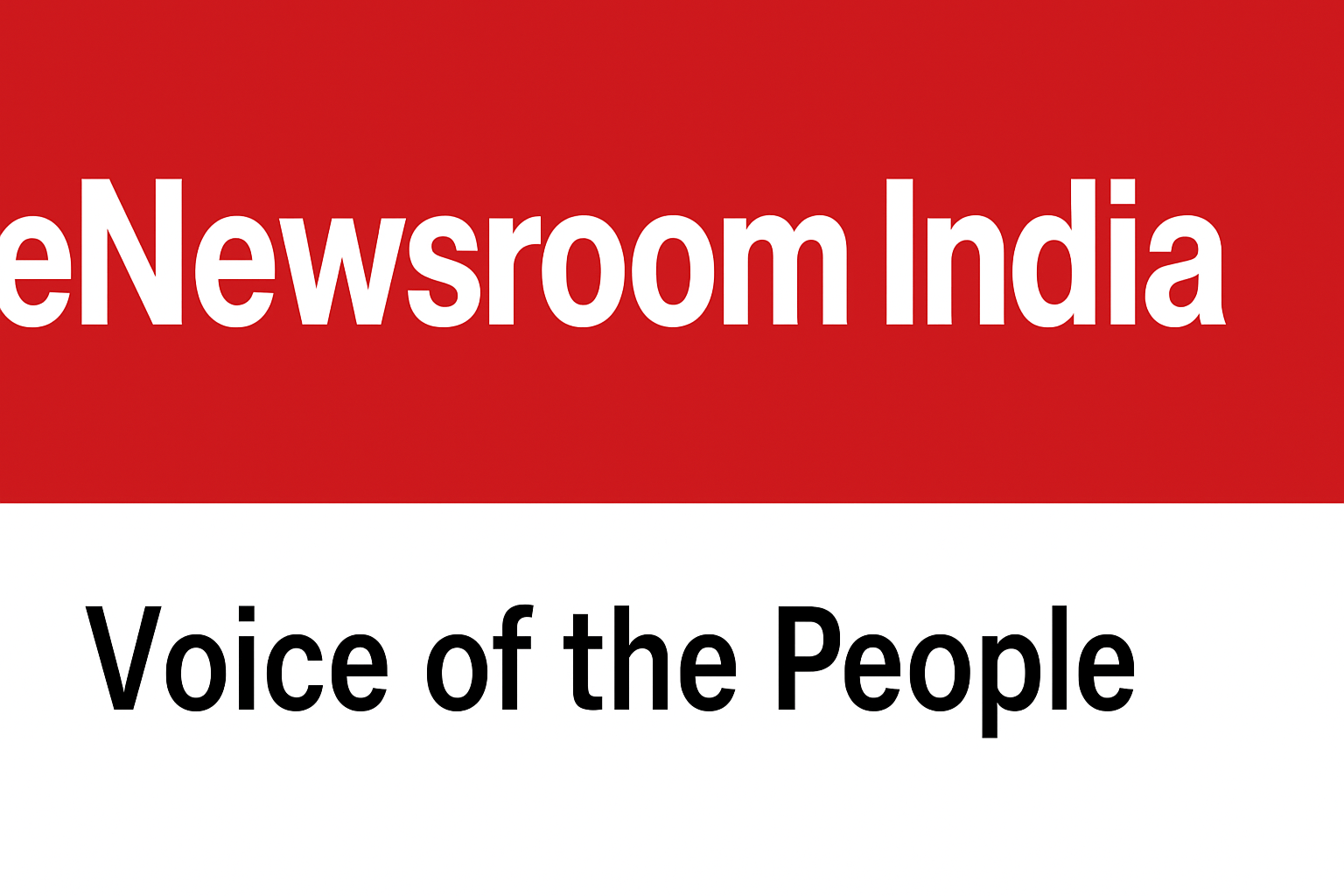[dropcap]R[/dropcap]ahul Gandhi’s exposé of electoral malpractices demands serious answers from the Election Commission of India. It is rare for a mainstream Indian politician to present such painstakingly gathered evidence and explain it in detail at a press conference. The questions he has raised on duplicate voters and other discrepancies—termed “Vote Chori” by the Leader of Opposition—cannot be dismissed as mere allegations.
This is the kind of work the media should have been doing persistently, on a campaign basis. Unfortunately, much of the media has been reduced to a public relations arm for Hindutva politics in India. It has become a caricature of journalism, with most so-called anchors and reporters content to magnify the BJP’s PR work.
Voter lists have always been manipulated. This is not new — but now it is the work of an organised “management.” In the past, we heard of “booth capturing.” Today, it is “digital dacoity.” With data at their fingertips, entire communities can be shifted from one constituency to another. Constituency boundaries have been changed many times without voters even knowing.
The Congress Party and the INDIA block must approach the Election Commission formally. They can also move the Supreme Court, though I have little faith in it so far. Perhaps public pressure is the only real answer. Everyone must be vigilant at polling booths and counting centres. Even there, booth agents of many parties are absent. Congress today lacks enough volunteers to monitor every booth across the country. The assault on the democratic process comes from multiple sides, and the entire opposition must join hands to protect it.
I do not believe in electoral boycotts. They achieve nothing unless they become a nationwide outcry. The BJP still commands a significant vote share — not everything is due to manipulation. Frankly, our minds are being manipulated. Political leaders have no ideological commitment; they can shift to the BJP overnight. And we cannot ignore the deep polarisation across the country.
The opposition must fight the Bihar elections with full strength and engage in sustained political dialogue among all INDIA bloc partners. This is a political battle, and Rahul Gandhi must engage politically as well as through research. He also needs to be extremely careful with his words, because his opponents — within his party, outside it, in government, in the bureaucracy, and in industry — will try to trap him. Already, there are a large number of cases against him in various courts, and the BJP has found ways to tie him up in legal battles. There is no doubt Rahul Gandhi is, at present, the only politician who fully understands the Narendra Modi government’s economic mismanagement. He remains a thinking leader, but his delivery is not always effective, and he must guard against avoidable missteps.
The election study Rahul Gandhi has conducted should be examined and verified by the Election Commission of India. The Congress Party should take it to the Commission officially and also file a case in the Supreme Court. Civil society organisations such as ADR could also use the data to petition the court.
As for speaking on affidavit, Rahul Gandhi rightly noted that politicians do not do this — otherwise, the BJP would have to file affidavits for everything it has said about Nehru, Gandhi, Indira Gandhi, and other opponents. No politician would have dared to challenge Rajiv Gandhi had the government made it mandatory to speak on oath.
In fairness to Rahul Gandhi, he made this courageous intervention on a day of historic significance. August 7, 2025, marked the 35th anniversary of the acceptance of the Mandal Commission Report in Parliament by then Prime Minister Vishwanath Pratap Singh. Today, few remember VP Singh and his monumental work, which gave millions of marginalised citizens a voice in Indian politics. In his own way, Rahul Gandhi reaffirmed that democracy is by the people, for the people, and of the people — and Mandal redefined who those “people” were, and how they should share in power.
Sadly, political parties have forgotten these milestones. Most now only celebrate their own mahapurush and neglect people’s real issues. Perhaps the people themselves have forgotten too — but this is not a healthy sign for democracy.
We now await the responses of political parties, Rahul Gandhi’s colleagues in the INDIA bloc, and our institutions. The issues he has raised deserve answers.


